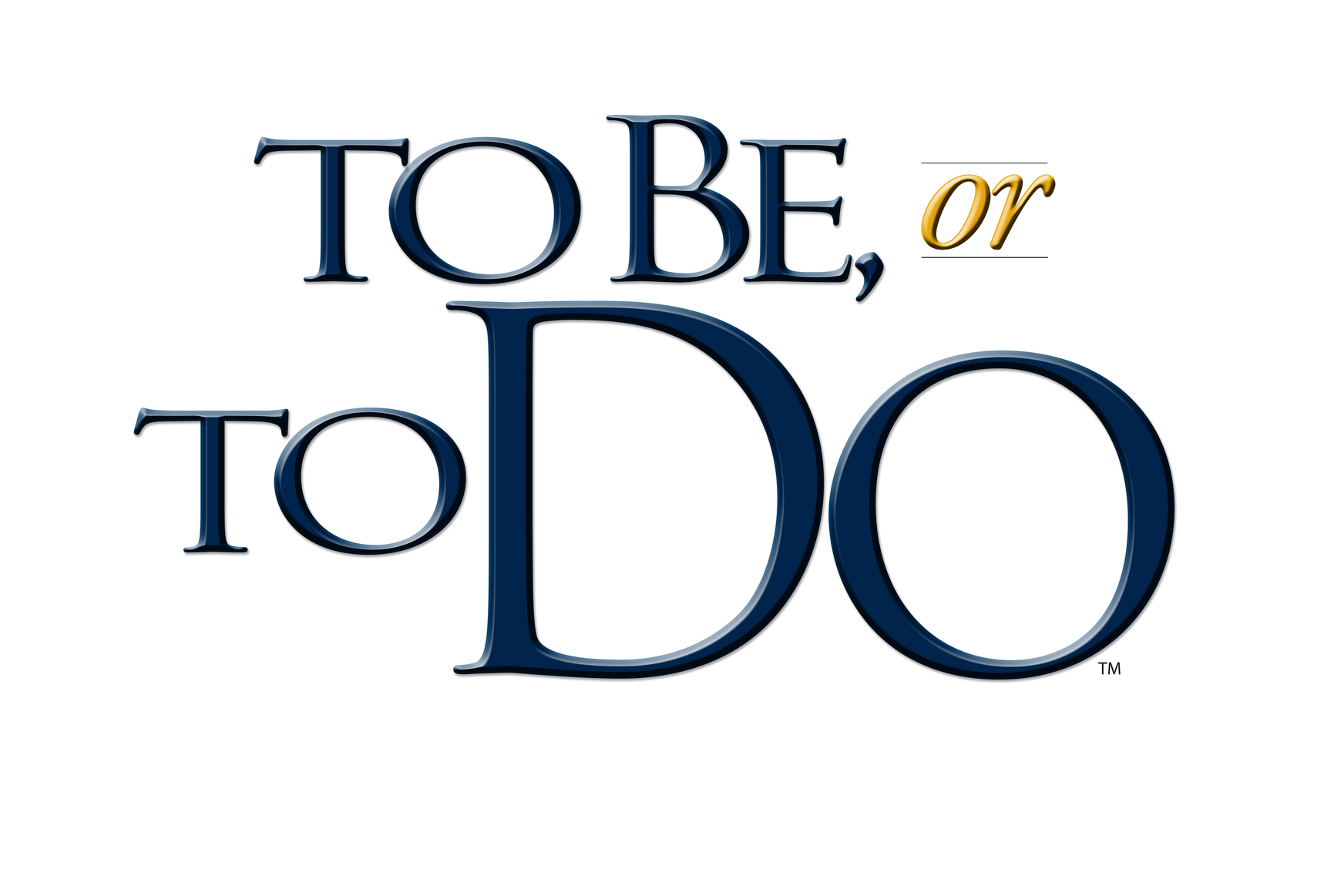‘Only accurate rifles are interesting.’ -Townsend Whelen
This is a quick post, but important. For Townsend, only accurate rifles are interesting. I like that quote, and I think it works well with what I believe in, and that is ‘only those that do are interesting’. Over the years, I have received numerous emails from readers who had the courage ‘to do’ what is right. To quote Col. John Boyd, they chose the route of ‘to do’ when they came to that great crossroads of life that everyone experiences, and they wanted to share that with me.
These men and women are my heroes, and they are what inspire me every time I work on this blog or think about how to improve this industry and war effort. They are the unsung heroes of every company, military unit or government, that had the courage to stand up and demand excellence or battle with those who are unjust. They have also done these things at peril to self, all because being righteous sometimes equates to being unpopular or not advancing in an organization. But at least they did not compromise what they believed in, and this is what makes them more interesting and more of a leader than any of those that strive ‘to be’.
There are other moments of jundism that I hear about that motivates me. Those that came up with the better idea, and fought hard for that better idea and won, are also my heroes. They might have built a snowmobile, and created a new idea, which is really awesome. Or they might have lost the battle, all because of someone else’s ego or pride. Either way, that individual get’s my respect for fighting the good fight.
The other thing I like to focus in on with my exchanges with the readership, either here or at Facebook, is to empower those individuals in their personal battles. To actually give them the means to win those battles through sound strategy and good intelligence. ‘Know yourself, know your enemy’, as Sun Tzu would say. But most importantly, win without fighting.
That last part is very important. I want my readership to win their battles, and not face casualty. That is very hard to do though, and even in my personal battles, I have lost. But I have also won some battles, and the key is to learn from those losses and continuously improve upon your ability to win future battles. And of course, the ultimate in war fighting, or the battle of wills and ideas, is to win without fighting at all.
To do this, you must know your adversaries well, and know yourself so you can figure out what ‘winning’ really means. Studying strategy, and borrowing brilliance is crucial. You must also avoid fights that end up in pyrrhic victories. Seek fights where your strength can defeat their weakness, and get that win. I want you to continue working in this industry and become a force of change, or to be the example. That is winning. To destroy yourself while destroying your opponent is losing in my book. Remember this when thinking of conducting legal battles, or battles with management and other individuals in your particular occupation.
Finally, it gives me great pleasure to know that jundism and this blog is bringing about a revolution in thought process. I have readers who are now students of good leadership, who are innovators, who are not afraid to do what is right, etc. They are also students of strategy and are continuously improving. These readers and leaders have embraced these ideas, and have used them to their advantage. It is a privilege and honor to be a part of that process and serve this family.
For those that fall under the category of ‘to be’, all I have to say is that you do not earn my respect. Although there is something I do like about this loathsome group….. I like to study you, so I can empower those that aspire ‘to do’, to defeat you. –Matt
“Tiger, one day you will come to a fork in the road,” he said. “And you’re going to have to make a decision about which direction you want to go.” He raised his hand and pointed. “If you go that way you can be somebody. You will have to make compromises and you will have to turn your back on your friends. But you will be a member of the club and you will get promoted and you will get good assignments.”
Then Boyd raised his other hand and pointed another direction. “Or you can go that way and you can do something – something for your country and for your Air Force and for yourself. If you decide you want to do something, you may not get promoted and you may not get the good assignments and you certainly will not be a favorite of your superiors. But you won’t have to compromise yourself. You will be true to your friends and to yourself. And your work might make a difference.”
He paused and stared into the officer’s eyes and heart. “To be somebody or to do something.” In life there is often a roll call. That’s when you will have to make a decision. To be or to do. Which way will you go?”- Col. John Boyd
